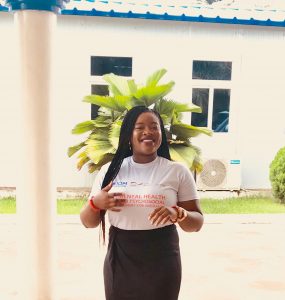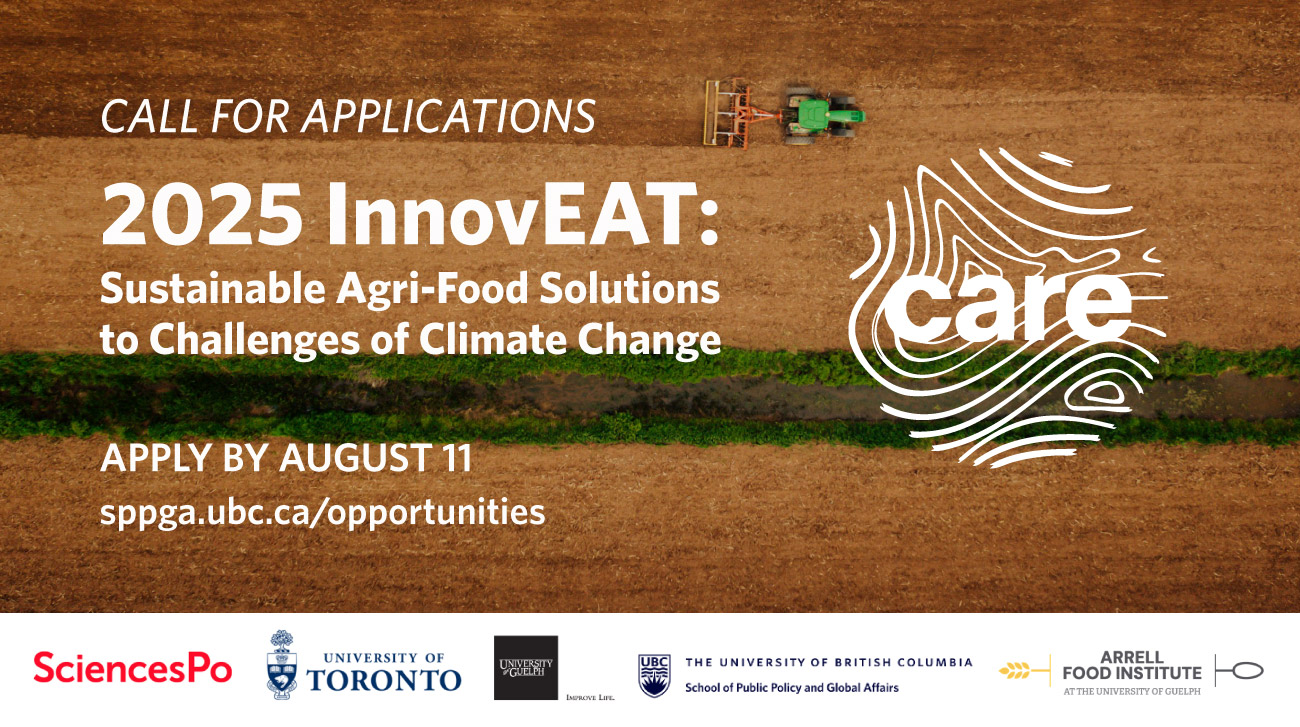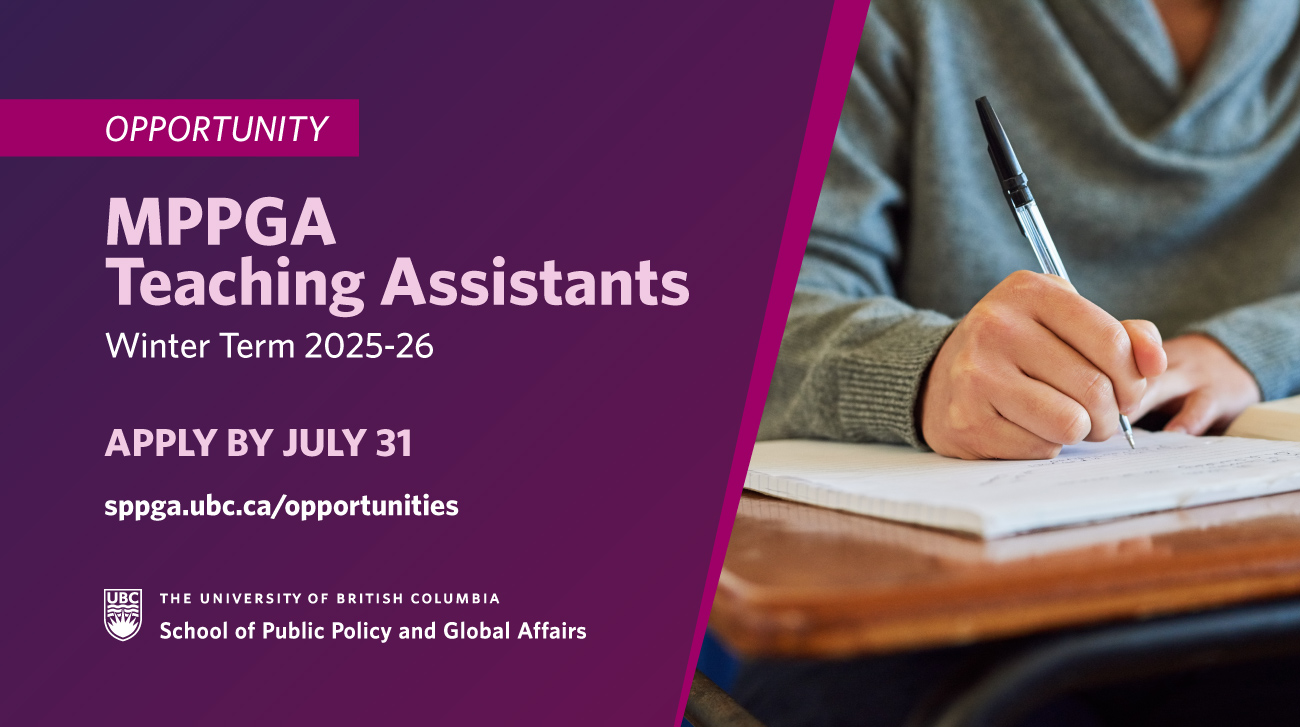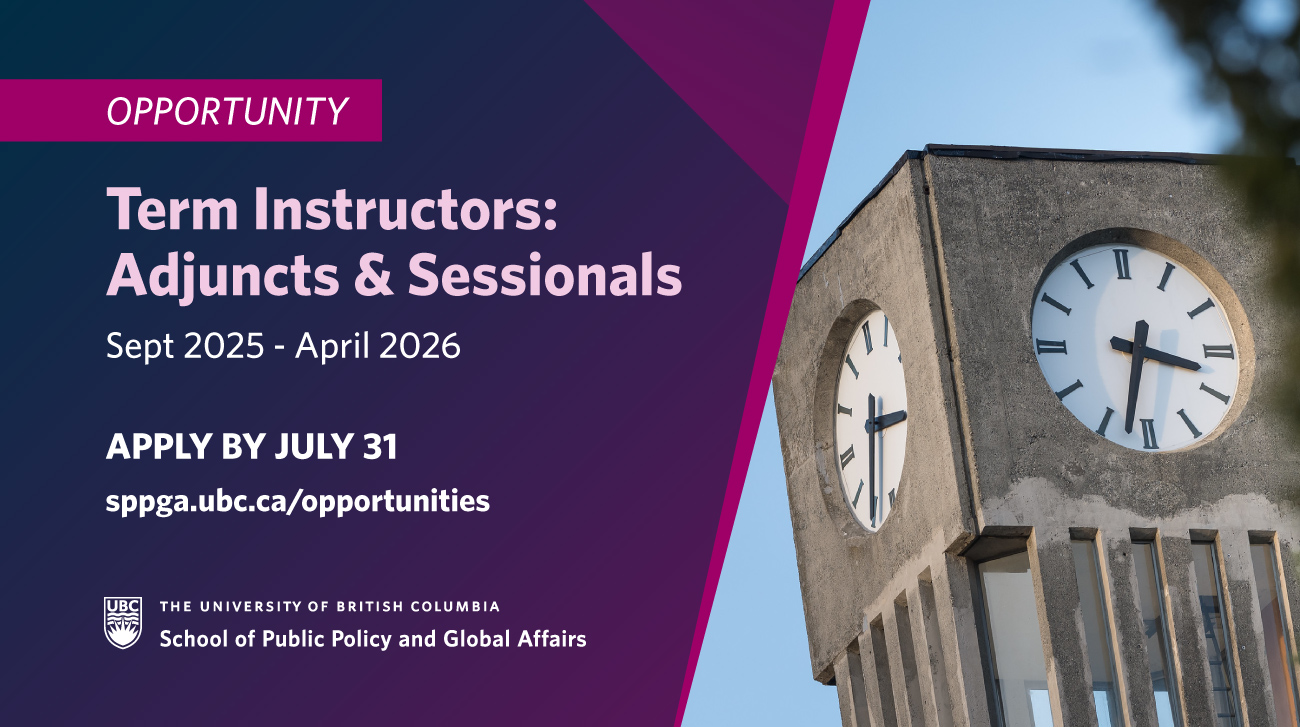Every year, students in UBC’s Master of Public Policy and Global Affairs (MPPGA) program office have the opportunity to participate in the United Nations Association of Canada International Development and Diplomacy Internship program (IDDIP) as Junior Professional Consultants. This reflects a three-year agreement between the MPPGA program and the United Nations Association of Canada (UNAC).
Learn more below about MPPGA alumna Chiamaka Mọgọ’s experiences in the program while working with the International Organization for Migration in Accra, Ghana (IOM Ghana).
REFLECTIONS: My experience serving as a Junior Professional Consultant and Migration Health Intern at the International Organization for Migration in Ghana
By: Chiamaka Mọgọ


This placement was the outcome of an application submission and a subsequent interview process. At IOM Ghana, I was situated within the Migration Health Department. I was straight out of the Master of Public Policy and Global Affairs (MPPGA) program at the University of British Columbia, Vancouver, Canada, when I left for Ghana. With deep sadness, I turned down a nomination by the MPPGA program team to deliver the Valedictory speech at the upcoming graduation ceremony. I missed my ceremony in order to make it in time to Ghana. On the bright side, the fresh ideas from my Master’s program guided me in many aspects of the consultancy / internship.
My experience was multi-faceted. Within those six months, I served in varying roles and collaborated on assignments with multiple departments, across two office branches. I once joined the Operations team to accompany initially stranded young migrants to the airport from where they would be safely taken back to their native country, Cameroun. I collaborated with the Assisted Voluntary Return and Reintegration (AVRR) team to obtain relevant migrant health-related data. There was a service gap in the Radiography room, so I temporarily served as a Chaperone. I worked for two months at the reception desk of the Migration Health Assessment Centre (MHAC). At that desk, I assisted clients who were mainly from the West and Central African region, to book medical appointments and retrieve medical certificates for their migration journeys. All of those activities enabled me to have an excellent orientation of IOM as an agency and how different departments work to enable safe migration and support vulnerable migrants and returnees.
At the centre of all of my tasks at IOM Ghana were research production and communications vis-à-vis migrant health. Based on the data collected, deep studying of secondary research, and my observations from working across departments and offices of IOM Ghana, I was able to produce at least 12 research papers for the Migration Health department. I also developed three new Standard Operating Procedures (SOPs) that would make health-related service delivery to migrants more effective and less cumbersome. In addition, I was one of the representatives of IOM Ghana at the Joint United Nations Team on AIDS (JUTA) Ghana and co-created the group’s 2020-2021 work plan. To name a few.
Various positive outcomes and testimonies emerged from those efforts. The new SOP on Crowd Control that I created for use at MHAC facilitated more collaboration between the reception desk and security officials. The clients were better informed of their appointment timelines, the waiting room was no longer overcrowded and the wait times were reduced. I wrote extensively on ways to foster inclusion of migrants within Ghana’s public health agendas. As such, it was fulfilling to see a superior from IOM Ghana hold printed copies of research papers that I had produced, during a meeting that we had with the Programme Manager of Ghana’s, National AIDS/STI Control Programme (NACP). Those papers informed some of the positive action steps that were concluded on, during that meeting. A staff member from the AVRR department shared that my requests for data from the department made their efforts seem worthwhile. That certainly put a big smile on my face. Of course, their efforts were vital.
On November 7, 2019, it was time to say Goodbye, as per the six months agreement. I learnt a lot from the glorious moments and challenges of the experience. It also propelled my passion for advocating for the rights of migrants, including through the Initiative for Inclusive Dialogue in Nigeria (founded by me).


